15 Essential Herbs for Creating Natural Remedies and Tinctures
Herbs have been used for centuries to create natural remedies and tinctures that promote health and well-being. These powerful plants are packed with nutrients and medicinal properties that can help with everything from soothing a sore throat to easing anxiety.
Whether you’re new to herbal medicine or looking to expand your knowledge, these 15 essential herbs are perfect for creating natural remedies and tinctures at home. Each herb has its own unique benefits, making it a valuable addition to your herbal medicine cabinet.
Echinacea
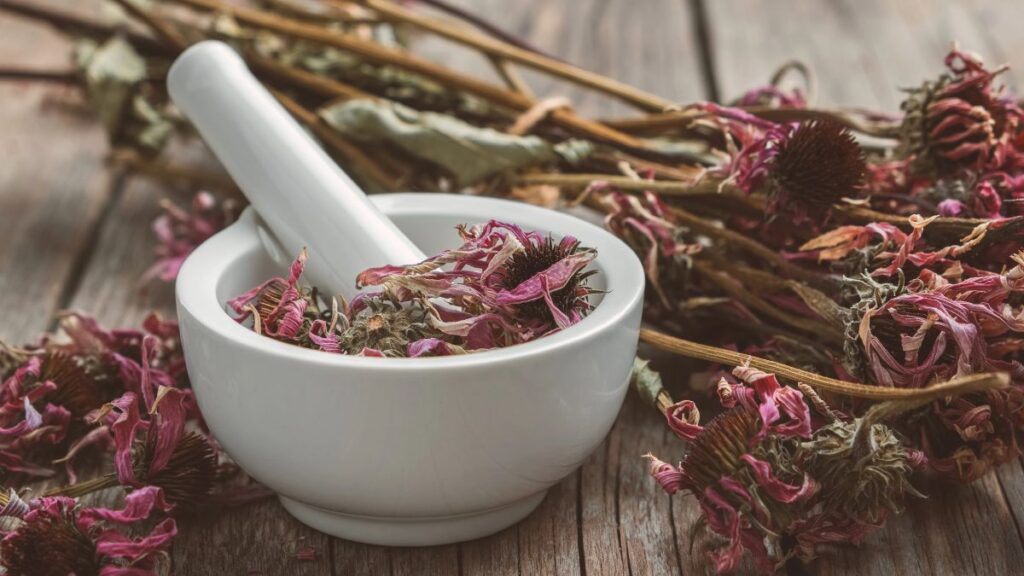
Echinacea is a popular herb known for its immune-boosting properties. It’s often used in tinctures to help ward off colds and flu or to shorten the duration of illness. Echinacea can be made into a tincture by soaking the roots, leaves, and flowers in alcohol, allowing the beneficial compounds to be extracted.
This herb is also known for its anti-inflammatory and antiviral effects, making it a great choice for supporting overall health. To use, take a few drops of the tincture at the first sign of illness.
Chamomile
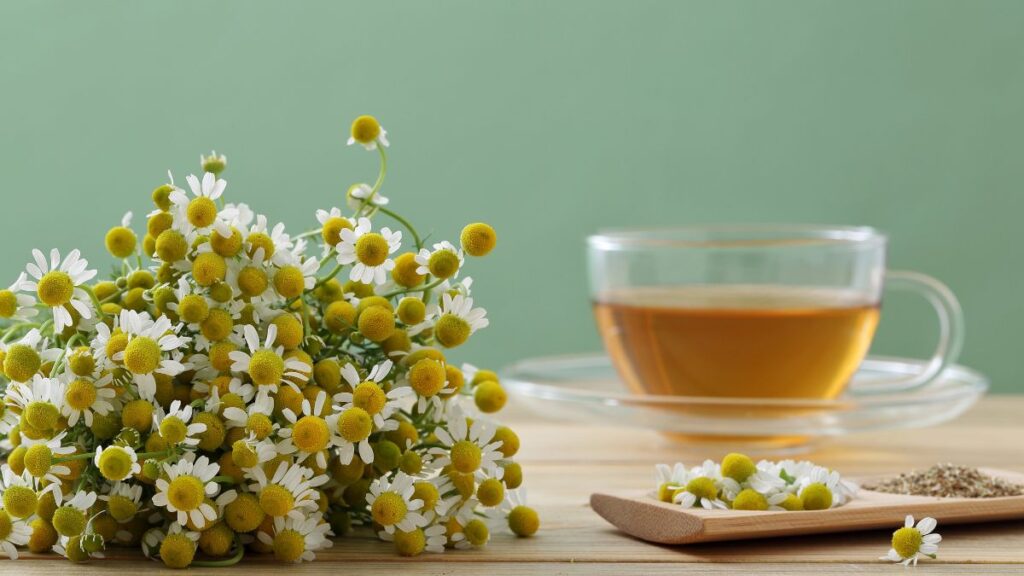
Chamomile is a soothing herb that is commonly used to promote relaxation and improve sleep. It’s also effective in easing digestive issues like indigestion and bloating. Chamomile tinctures can be made using the flowers, which are steeped in alcohol to create a potent remedy.
This herb is gentle enough to be used by both adults and children, making it a versatile addition to your herbal toolkit. Take a few drops before bedtime to help unwind or after meals to support digestion.
Lavender
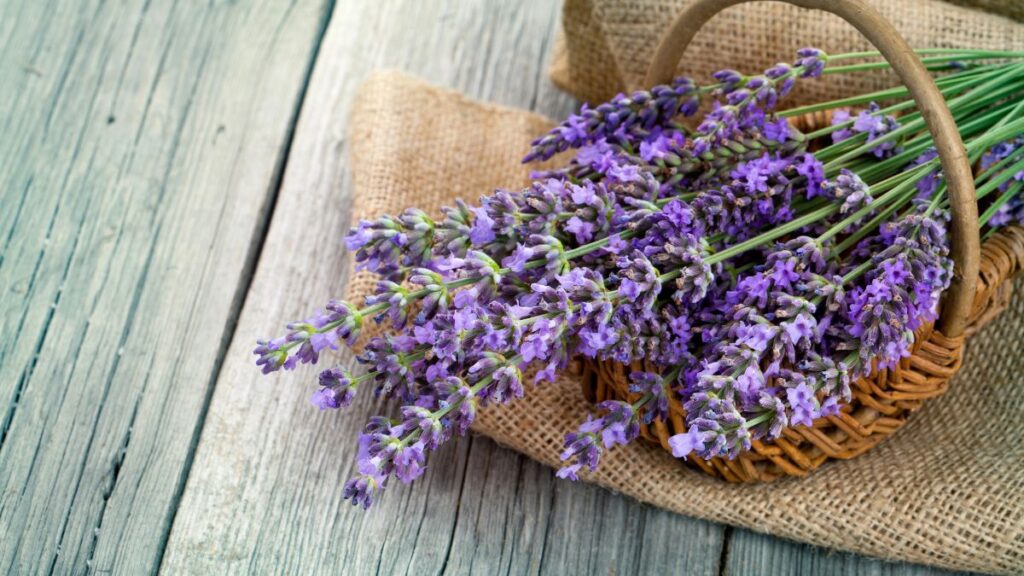
Lavender is well-known for its calming scent, but it’s also a powerful herb for reducing anxiety and stress. Soaking the flowers in alcohol creates a lavender tincture, which is perfect for promoting relaxation. Lavender is also helpful in relieving headaches and improving sleep quality.
You can use the tincture by adding a few drops to a glass of water or tea, or by applying it to your temples for headache relief. Lavender is a must-have herb for anyone looking to create natural remedies.
Peppermint
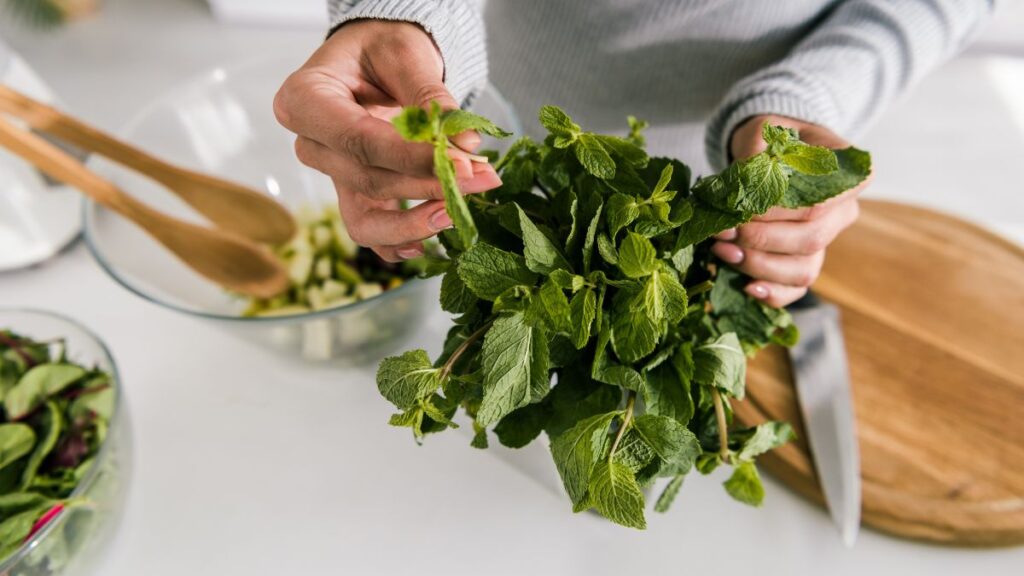
Peppermint is a refreshing herb that is widely used to soothe digestive issues, including nausea and indigestion. Its cooling properties also make it effective in relieving headaches and muscle pain.
A peppermint tincture is easy to make by steeping the leaves in alcohol, resulting in a potent and versatile remedy. Peppermint is also known to improve mental clarity and focus, making it a great addition to your daily routine. Use the tincture as needed to alleviate digestive discomfort or to clear your mind.
St. John’s Wort

St. John’s Wort is a powerful herb known for its mood-boosting effects. It’s often used in tinctures to help manage symptoms of depression and anxiety. The tincture is made by soaking the flowers in alcohol, which extracts the active compounds responsible for its therapeutic effects. St. John’s Wort is also used to treat nerve pain and inflammation.
However, it’s important to consult with a healthcare provider before using this herb, as it can interact with certain medications. When used properly, it’s a valuable herb for emotional well-being.
Lemon Balm
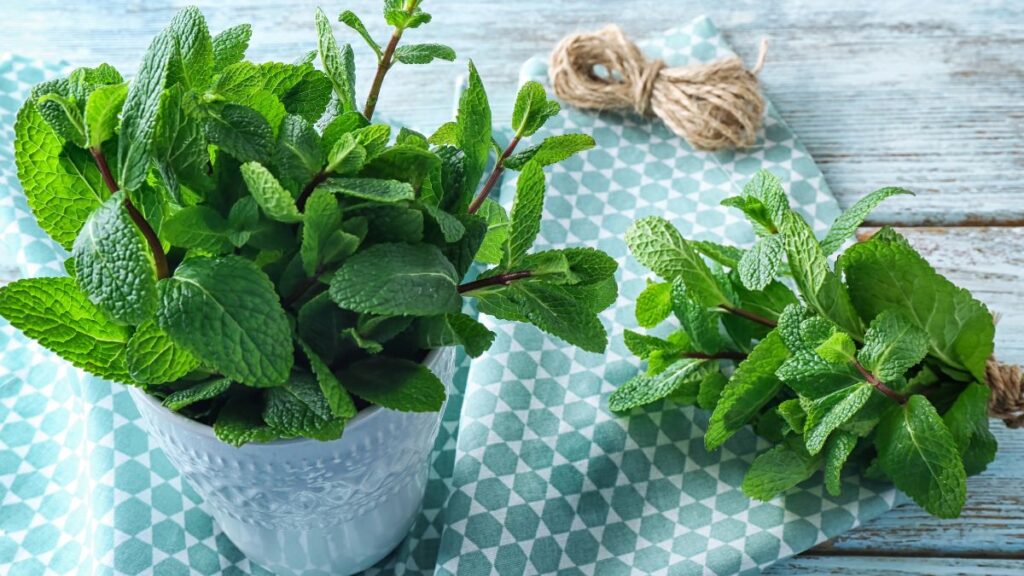
Lemon balm is a lemon-scented herb that is commonly used to reduce stress and anxiety. It’s also effective in promoting sleep and easing digestive discomfort. A lemon balm tincture can be made by steeping the leaves in alcohol, creating a calming remedy that can be used throughout the day.
This herb is also known for its antiviral properties, making it helpful in treating cold sores and other viral infections. Add a few drops to your tea or water to enjoy its soothing benefits.
Ginger
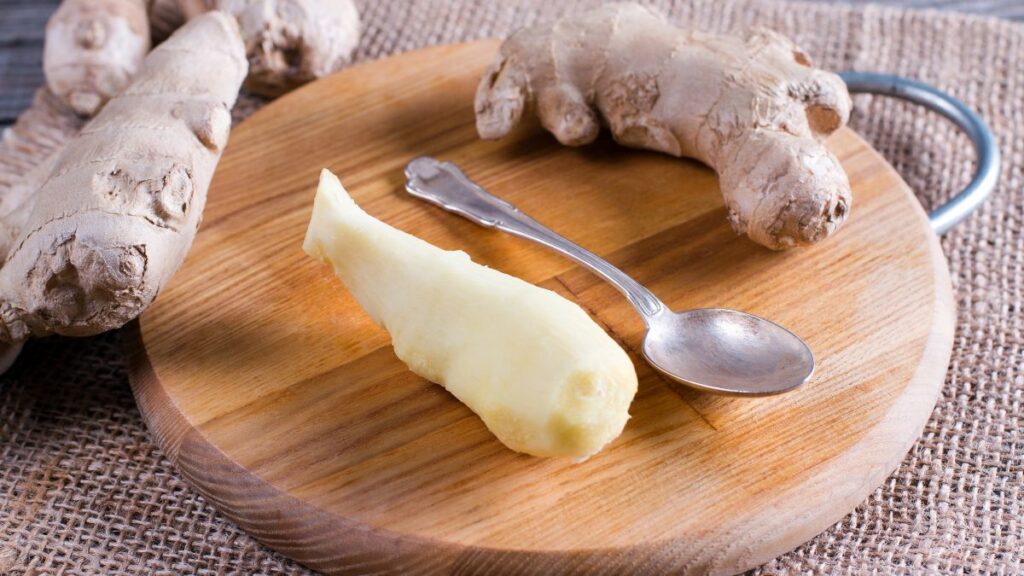
Ginger is a warming herb that is widely used to treat nausea, indigestion, and inflammation. Its anti-inflammatory properties also make it effective in relieving pain and supporting joint health. A ginger tincture is made by soaking fresh or dried ginger root in alcohol, creating a potent remedy that can be used for a variety of ailments.
Ginger is also known to boost circulation and improve immune function. Use the tincture to alleviate digestive discomfort or to support overall health, especially during cold weather.
Turmeric
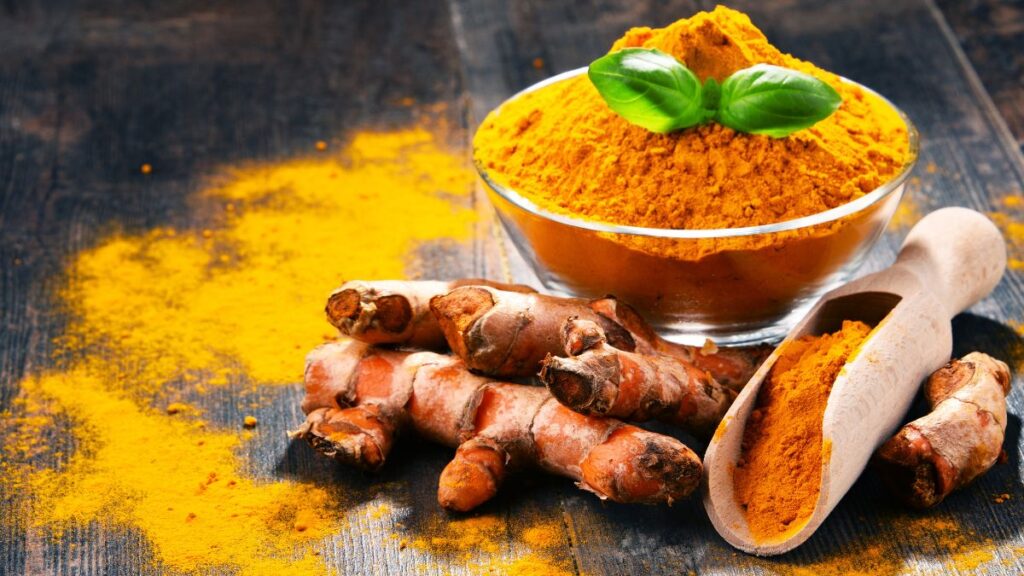
Turmeric is a powerful anti-inflammatory herb that is commonly used in natural remedies to reduce pain and inflammation. It’s also known for its antioxidant properties, which help protect the body from damage caused by free radicals.
Turmeric tincture is made by steeping the dried root in alcohol, resulting in a potent and versatile remedy. Turmeric is also beneficial for supporting liver health and improving digestion. Take a few drops of the tincture daily to enjoy its many health benefits.
Valerian Root
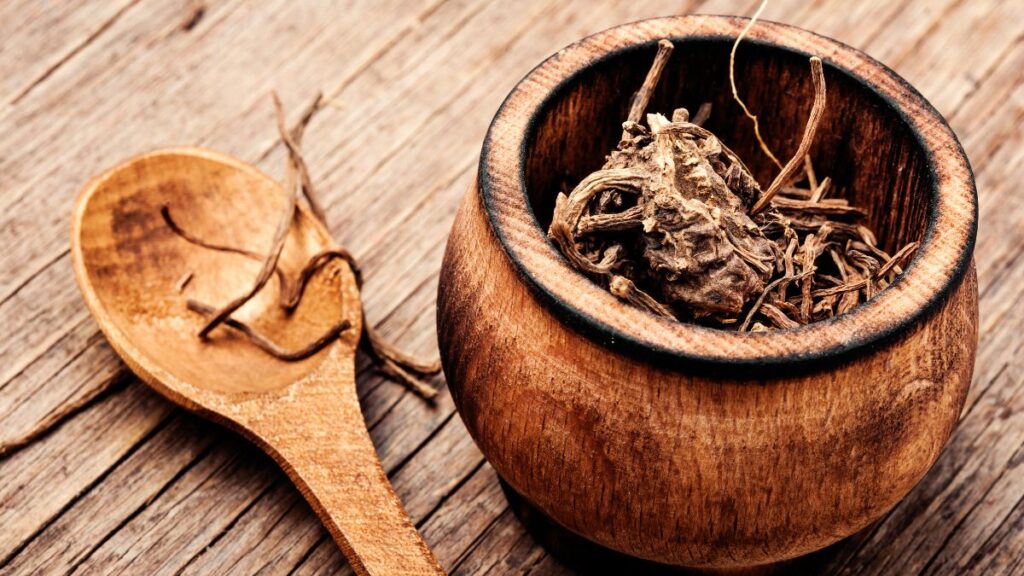
Valerian root is a well-known herb for promoting relaxation and improving sleep quality. It’s often used in tinctures to help manage insomnia and anxiety. The tincture is made by soaking the dried root in alcohol, creating a remedy that effectively calms the nervous system.
Valerian root is also helpful in relieving muscle tension and headaches. Use the tincture before bedtime to promote restful sleep or during the day to ease anxiety and tension.
Calendula

Calendula, also known as marigold, is a versatile herb that is commonly used to treat skin conditions and promote wound healing. Its anti-inflammatory and antimicrobial properties make it effective in soothing irritated skin and preventing infection.
A calendula tincture can be made by steeping the flowers in alcohol, creating a remedy that’s useful for both internal and external use. Calendula is also helpful in supporting digestive health and reducing inflammation. Apply the tincture topically to cuts and scrapes or take it internally to support overall health.
Thyme
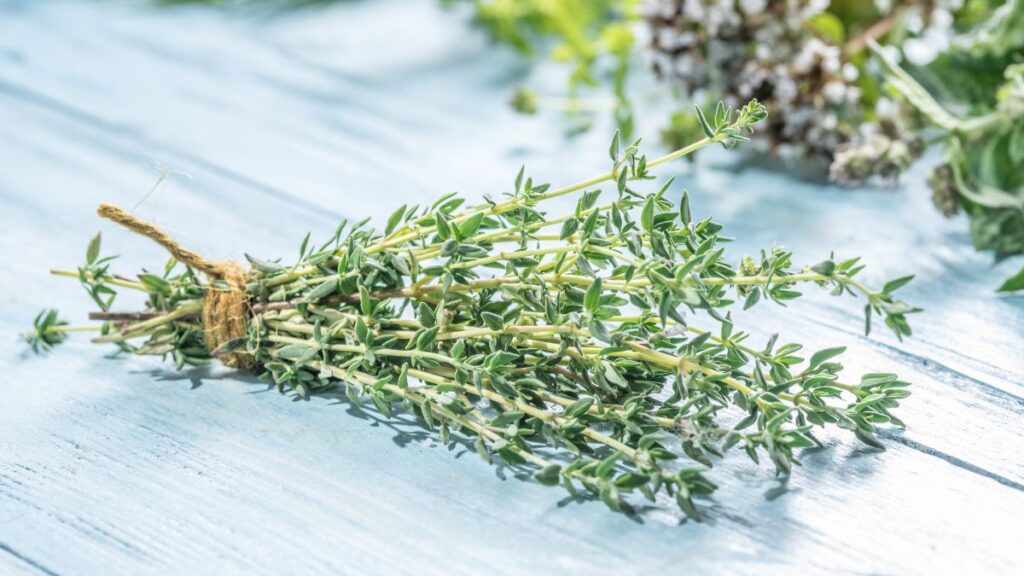
Thyme is a fragrant herb that is widely used for its antimicrobial and antiviral properties. It’s often used in tinctures to treat respiratory infections, such as colds and bronchitis. A thyme tincture is made by soaking the leaves in alcohol, resulting in a potent and effective remedy.
Thyme is also beneficial for supporting digestive health and boosting the immune system. Use the tincture at the first sign of a cold or to support respiratory health during flu season.
Holy Basil
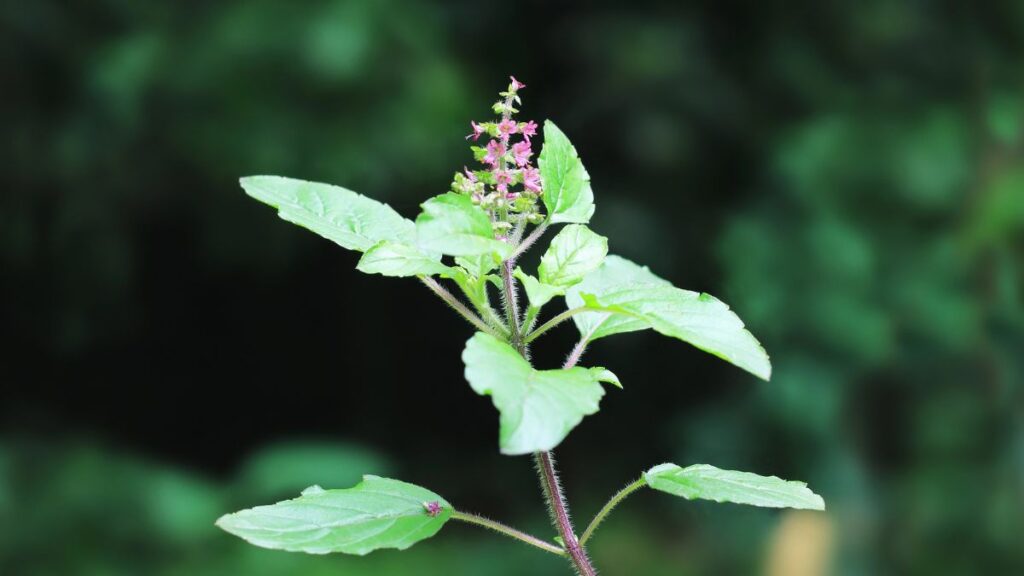
Holy basil, also known as tulsi, is a sacred herb in Ayurvedic medicine known for its adaptogenic properties. It’s often used in tinctures to help the body adapt to stress and promote overall well-being.
The tincture is made by soaking the leaves in alcohol, creating a remedy that’s effective in reducing anxiety and supporting the immune system. Holy basil is also known for its anti-inflammatory and antioxidant effects, making it a valuable herb for maintaining health. Take the tincture daily to help manage stress and support overall health.
Rosemary
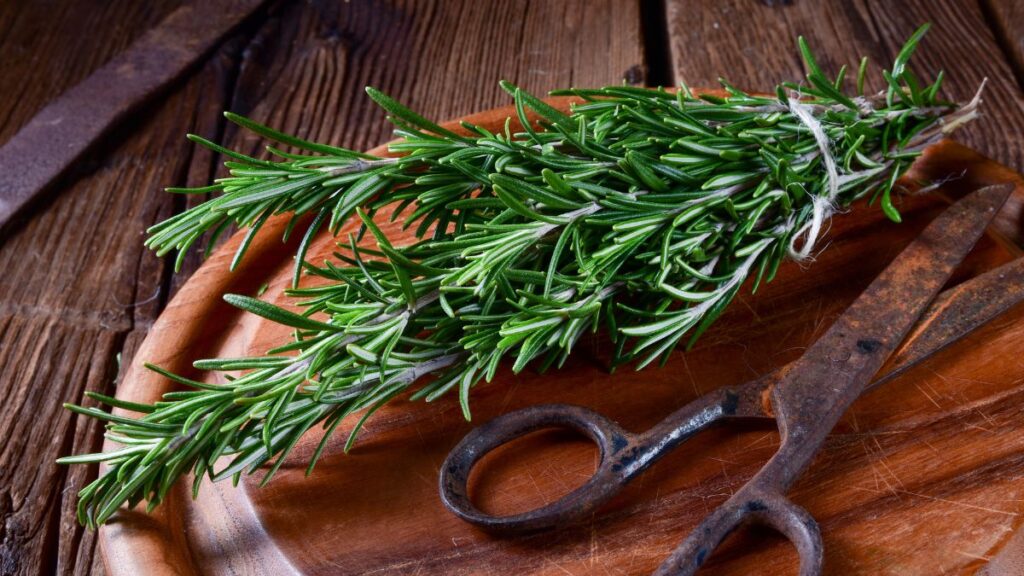
Rosemary is a fragrant herb that is commonly used to improve memory and concentration. It’s also effective in relieving headaches and muscle pain. A rosemary tincture is made by steeping the leaves in alcohol, resulting in a remedy that’s both potent and versatile.
Rosemary is also known for its antioxidant properties, which help protect the body from damage caused by free radicals. Use the tincture to boost mental clarity or to relieve pain and inflammation.
Dandelion

Dandelion is a common weed with powerful medicinal properties. It’s often used in tinctures to support liver health and improve digestion. The tincture is made by soaking the roots, leaves, or flowers in alcohol, creating a potent and effective remedy.
Dandelion is also known for its diuretic properties, which help reduce water retention and support kidney health. Take the tincture daily to support liver function and promote overall health.
Ashwagandha
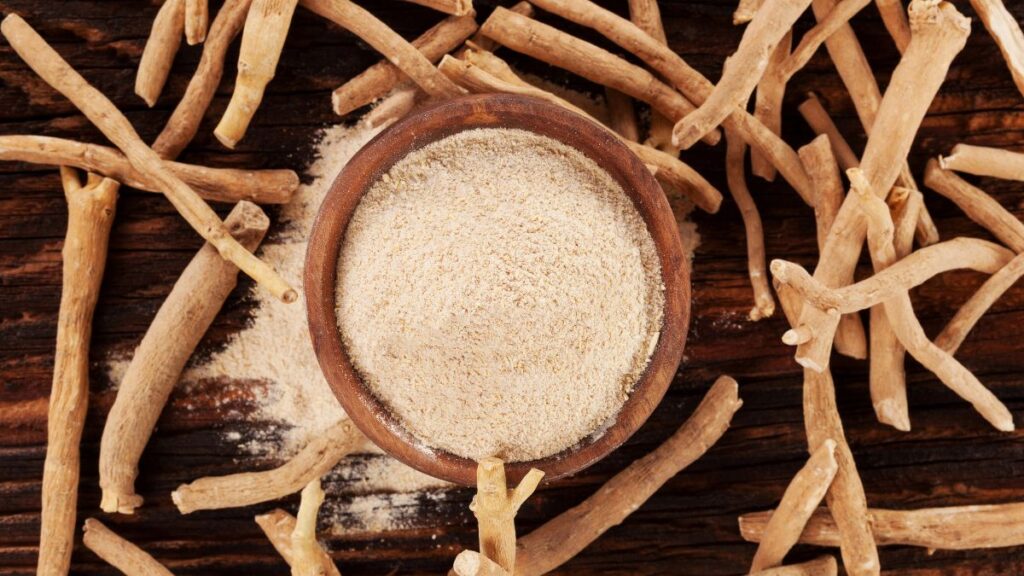
Ashwagandha is a powerful adaptogenic herb that is widely used in Ayurvedic medicine to reduce stress and support overall well-being. It’s often used in tinctures to help manage anxiety, improve sleep, and boost energy levels.
The tincture is made by soaking the root in alcohol, creating a remedy that’s effective in promoting balance and resilience. Ashwagandha is also known for its anti-inflammatory and immune-boosting properties, making it a valuable herb for maintaining health. Use the tincture daily to support stress management and overall vitality.
15 Foods Only The Wealthy and Elite Can Eat Now

Culinary trends are constantly evolving, and some foods have become more than just sustenance—they’ve become status symbols reserved for the elite.
15 Foods Only The Wealthy and Elite Can Eat Now
15 Practical Ways to Save Money During Retirement

Entering retirement doesn’t have to mean giving up a comfortable lifestyle. With strategic planning and simple adjustments, it’s possible to make the most of your retirement income and enjoy a financially secure life.







